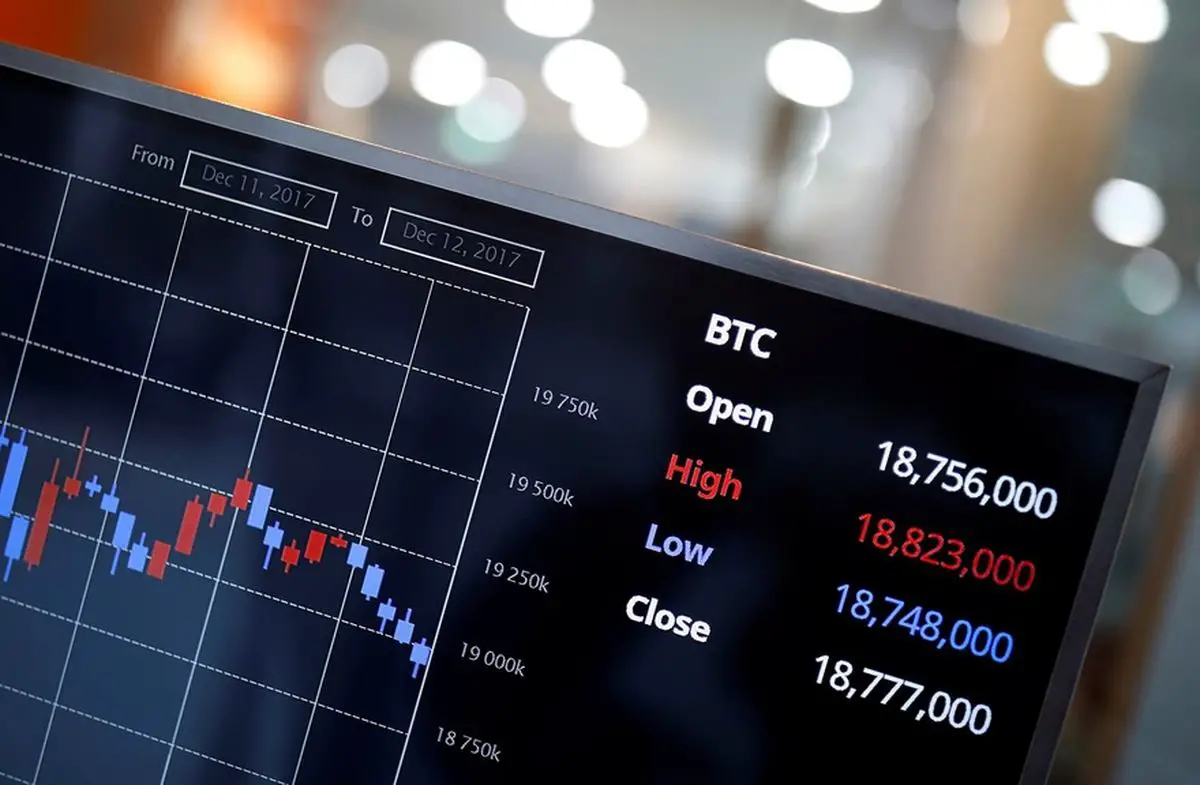A South Korean government official threatened to take this action against a backdrop of growing cryptocurrency trading in the country.
With cryptocurrencies gaining more and more ground in people’s daily lives, and with more and more platforms dedicated to the sector, governments are looking for ways to regulate this market.
On this occasion, Eun Seong-soo, chairman of South Korea’s Finance Committee, assured that a paronymous total of 200 exchanges operating in the country are under the risk of being suspended this year if they do not conform to the regulatory rules imposed.
In an interview with the local media Chosun, the official indicated that if exchanges do not adapt to the measures, they will have to close their operations by September of this year at the latest.
The statements are in line with the rigid stance of the South Korean government, which, for example, has no plans to regulatorily protect people trading these assets.
The government of the Asian country introduced new laws at the beginning of 2021, in which it established guidelines for companies and traders operating with cryptocurrencies.

Among these regulations were unveiled KYC policies, taxes on trading operations, a registry with all companies employing or working with cryptocurrencies, in addition to a tightening of the measures already previously in place.
In addition, the regulation requires companies to have the proper information management and protection system certification, and that the associated accounts are subject to a real name.
Although the new regulations were approved at the beginning of this year and came into force on March 25, there is a six-month grace period until September 24.
All exchanges that have not implemented the corresponding legally established measures by that date run the risk of having to suspend operations and assume the payment of substantial amounts.
South Korea anti-crypto: New legal framework and rejection among exchanges
The aforementioned rulings caused unfavorable reactions among major crypto firms operating in South Korea, which consider such proposals restrictive and contrary to the evolution of the ecosystem in the local framework.
Seong-son defended himself by stating that at the moment none of these companies registered in the government-facilitated registries under the Special Money Act. “There are buts…but all exchanges can be shut down. They could be shut down suddenly at the end of September,” the official commented on the latter.
He also explained that the measure is taken to “guarantee the protection of investors, just as the traditional and stock markets do since the crypto sector leaves its participants defenseless and this could benefit malicious actors”.
Despite the causes in the adoption of the measures, which target crypto asset trading, the same achieved record highs on the country’s trading platforms.
For example, during Bitcoin’s all-time highs, the digital currency traded at approximately u$s70,000 on South Korean exchanges, while groups such as OKEx announced that they would cease operations in that jurisdiction due to the new rules that will come into force.
Something similar happened this year in Nigeria in mid-February, after the Central Bank prohibited financial institutions from providing services to exchanges and crypto companies in the country.
At the time, each Bitcoin was traded at around u$s80,000 in response to these bans. Nigeria is one of the countries with the highest adoption of cryptocurrencies in the last year.
Negative outlook for the ecosystem in South Korea
Multiple analysts suggest that South Korea’s government regulations could have adverse effects on the local ecosystem, becoming a litmus test for the coming years.
Several detailed that possibly more than one exchange will give in to pressure so as not to see their operations compromised in one of the most profitable markets for trading these assets. In addition, clandestine trading platforms could begin to appear in the face of the tough restrictions, which do not offer the same guarantee as the official ones.
While it is being decided what will happen with all this, in South Korea the exchanges are capitalizing on large trading volumes, trading almost u$s20 billion in aggregate in the last 24 hours.





